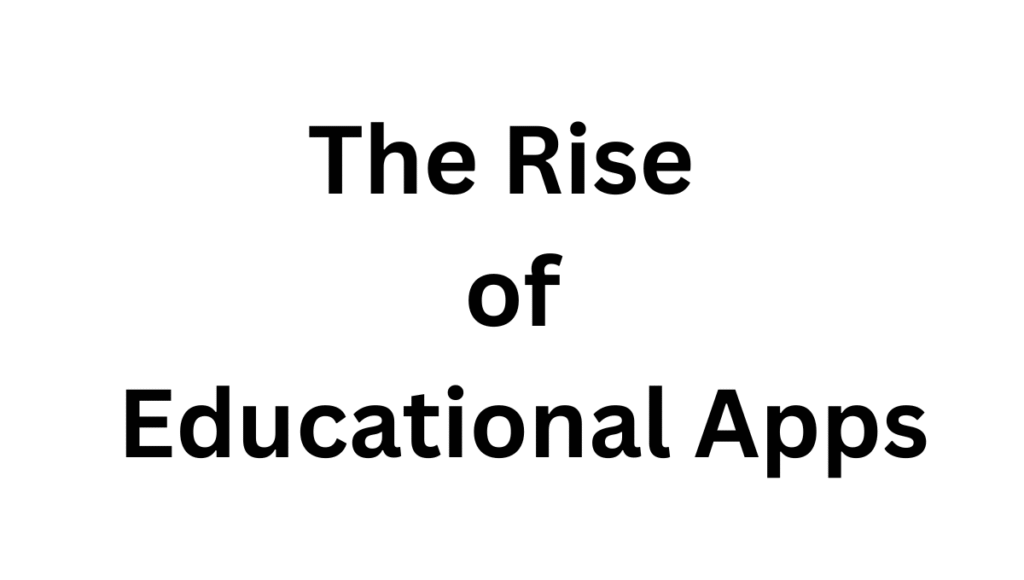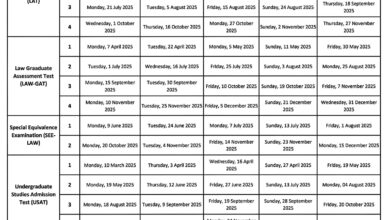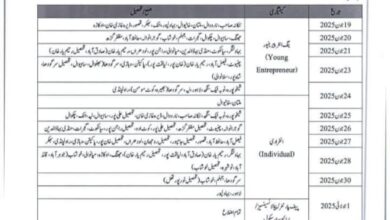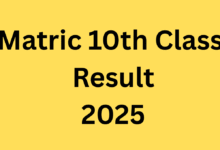The Rise of Educational Apps
Contents
The Rise of Educational Apps: Revolutionizing Learning in the Digital Age
Educational apps have transformed the way students, educators, and lifelong learners engage with knowledge. These digital tools offer interactive, accessible, and personalized learning experiences, making education more flexible and engaging. From language learning to STEM education, educational apps cater to diverse needs and age groups. This article explores the impact, features, and future of educational apps, with insights into their benefits, challenges, and top platforms.
What Are Educational Apps?
Educational apps are software applications designed to facilitate learning through interactive content, exercises, and resources. Available on smartphones, tablets, and computers, these apps cover a wide range of subjects, from mathematics to history, and cater to learners of all ages. They leverage technology to make education engaging, often incorporating gamification, multimedia, and adaptive learning techniques.
- Accessibility: Available anytime, anywhere, with offline options in some cases.
- Personalization: Tailored content based on user progress and learning style.
- Interactivity: Engaging formats like quizzes, videos, and simulations.
- Affordability: Many apps offer free or low-cost access to quality education.
For more insights on how technology is shaping education, check out Tazi News’ Technology Section.
Benefits of Educational Apps
Educational apps have democratized learning by breaking down barriers of cost, location, and time. Here are some key advantages:
- Flexible Learning: Users can learn at their own pace, fitting education into busy schedules.
- Engaging Content: Gamified lessons and interactive exercises keep learners motivated.
- Wide Range of Subjects: From coding to language learning, apps cover diverse topics.
- Progress Tracking: Built-in analytics help users monitor their improvement.
- Global Reach: Apps connect learners with resources and communities worldwide.
For example, platforms like Khan Academy offer free courses on subjects ranging from algebra to art history, making high-quality education accessible to all.
Popular Educational Apps in 2025
The educational app market is thriving, with several standout platforms leading the way. Below is a table highlighting some of the most popular apps, their features, and target audiences:
| App Name | Key Features | Target Audience | Platform Availability | Cost |
|---|---|---|---|---|
| Duolingo | Gamified language lessons, bite-sized exercises, progress tracking | Language learners (all ages) | iOS, Android, Web | Free with premium options |
| Khan Academy | Free video tutorials, practice exercises, personalized learning | K-12, college students | iOS, Android, Web | Free |
| Coursera | University-backed courses, certifications, professional development | Adult learners, professionals | iOS, Android, Web | Free courses, paid certifications |
| Quizlet | Flashcards, quizzes, study games | Students, test prep | iOS, Android, Web | Free with premium options |
| Photomath | Step-by-step math problem solutions, camera-based input | Math students | iOS, Android | Free with premium options |
For a deeper dive into how these apps are shaping modern education, visit Tazi News’ Education Hub.
Challenges of Educational Apps
While educational apps offer numerous benefits, they also face challenges that can impact their effectiveness:
- Digital Divide: Not all learners have access to devices or reliable internet.
- Screen Time Concerns: Excessive use may lead to fatigue or reduced focus.
- Quality Control: Some apps may lack rigorous academic standards.
- Data Privacy: Protecting user data is critical, especially for younger learners.
- Engagement Retention: Maintaining user interest over time can be difficult.
Addressing these challenges requires collaboration between developers, educators, and policymakers. Learn more about digital privacy concerns at Tazi News’ Privacy Section.
The Future of Educational Apps
The future of educational apps is promising, with emerging technologies like artificial intelligence (AI), virtual reality (VR), and augmented reality (AR) enhancing learning experiences. AI-driven apps can provide real-time feedback and adapt content to individual needs, while VR and AR create immersive environments for subjects like history or science. For instance, Google’s AR Expeditions allows students to explore virtual field trips.
Key trends to watch in 2025 and beyond:
- AI Personalization: Apps will increasingly tailor content to individual learning styles.
- Immersive Learning: VR and AR will make complex concepts more tangible.
- Microlearning: Short, focused lessons will cater to busy schedules.
- Global Collaboration: Apps will connect learners across borders for group projects.
For more on emerging tech trends, explore Tazi News’ Innovation Insights.
FAQs
What are the best free educational apps?
Apps like Khan Academy, Duolingo, and Quizlet offer robust free versions with optional premium features. Check their official websites for details.
Are educational apps safe for kids?
Most reputable apps have safety measures, but parents should review privacy policies and enable parental controls. Learn more about child safety online at Tazi News’ Safety Guide.
Can educational apps replace traditional education?
While apps enhance learning, they are best used as supplements to traditional education, providing flexibility and additional resources.
How do I choose the right educational app?
Consider your learning goals, the app’s reviews, and whether it aligns with your preferred learning style. Compare options at EdTech Reviews.
Conclusion
Educational apps are revolutionizing how we learn, offering accessible, engaging, and personalized education to users worldwide. While challenges like the digital divide and data privacy persist, the integration of AI, VR, and other technologies promises a bright future for these platforms. Whether you’re a student, professional, or lifelong learner, educational apps provide tools to expand your knowledge and skills. Stay updated on the latest in educational technology at Tazi News.









